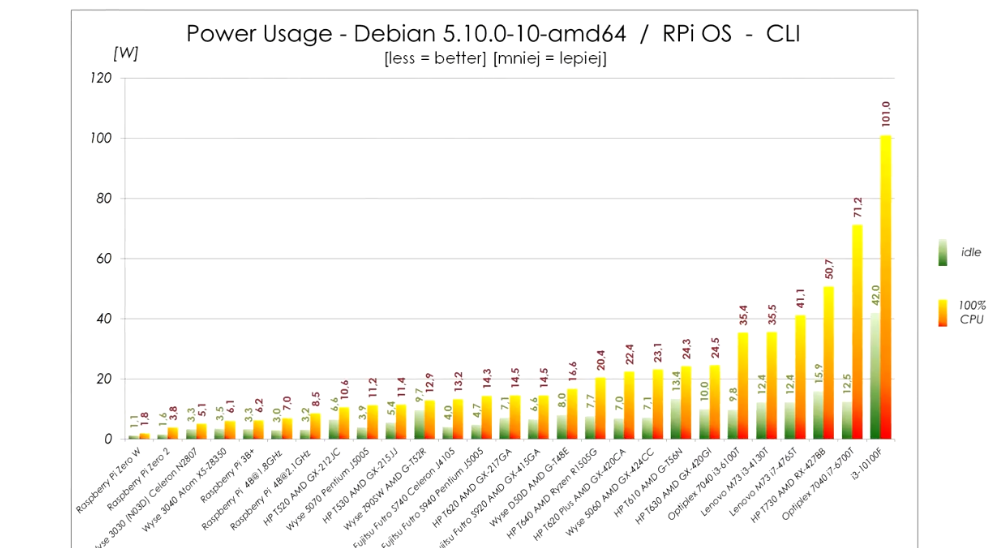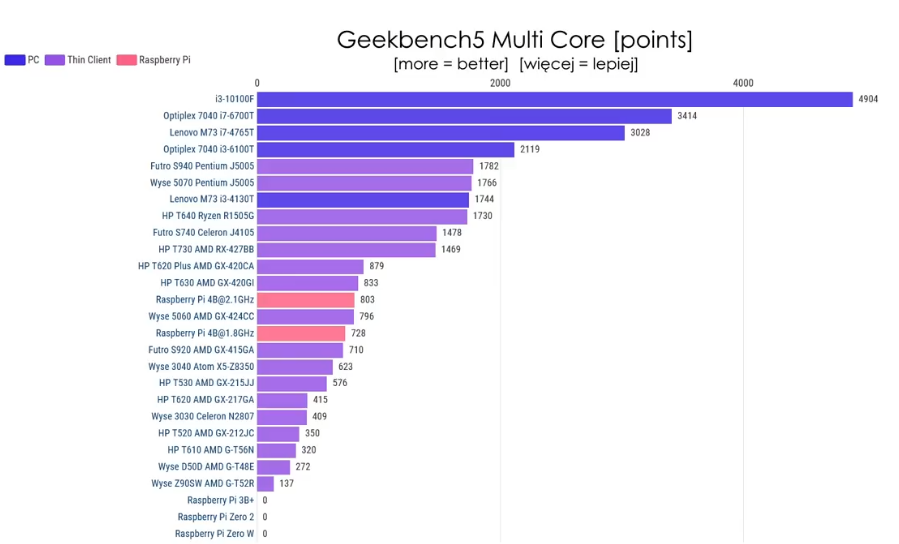

its only duty will be to spawn other, more restricted processes.
Perhaps I’m misremembering things, but I’m pretty sure the SysVinit didn’t run any “more restricted processes”. It ran a bunch of bash scripts as root. Said bash scripts were often absolutely terrible.





I love the fact that I can’t tell whether this is irony or not.